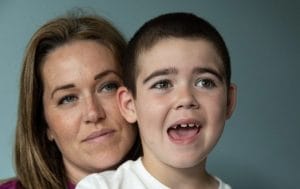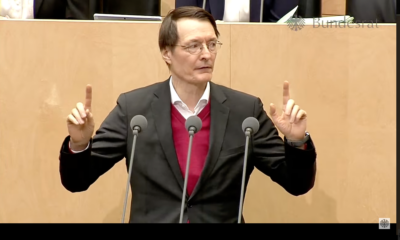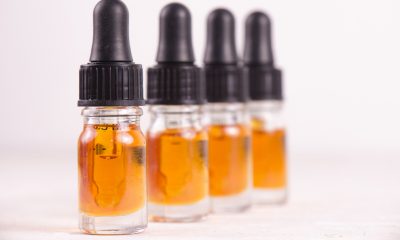Dutch medicine regulators have included CBD oil used in the treatment of epilepsy on a list of medicines for which switching providers is deemed ‘undesirable’.
The Medicines Evaluation Board (MEB) in the Netherlands added cannabidiol (CBD) – used in epilepsy medications such as Epidiolex and Bedrolite – to its ‘Wisselen Ongewenst’ list, which roughly translates to ‘Switching Undesirable’.
The list, drawn up by the Dutch independent regulator, includes medicines for which changing to a different manufacturer could lead to serious health issues.
Assembled on behalf of the Netherlands’ Ministry of Health, Welfare & Sport, the list aims to reduce the likelihood of patients suffering adverse effects after changing their medication provider.
The Dutch Minister of Medical Care, Tamara van Ark, has issued her support for the MEB list.
“Patients should not run any unnecessary health risks as a result of switching medicines,” the ministry said in a translated response
Since 2018, CBD can be prescribed on the NHS or privately to children with treatment-resistant Dravet syndrome or Lennox Gastaut – two forms of severe epilepsy that can cause hundreds of seizures per day.
Both conditions are extremely rare and are also notoriously difficult to treat.

Hannah Deacon and son Alfie Dingley, whose supply of Bedrocan oils was put at risk due to Brexit.
When the CBD-based medications, Epidiolex and Bedrolite became available to UK patients in 2018, it was a godsend for many parents whose children suffered from the conditions. Many have remained seizure-free for several months since switching their treatment.
But in January, patients had their supply of cannabis medicines from the Netherlands cut off due to Brexit regulations.
The government informed patients that were a range of alternative medicines and one medical cannabis company offered to provide products to those whose supply had been cut off.
However, experts in paediatric epilepsy warned that there was a “significant risk” involved with switching medications, even to a similar product.
Dr Evan Cole Lewis, director of the Neurology Centre of Toronto (NCT), wrote in a statement in January: “It is imperative that children who are benefiting from a particular medical cannabis product are not changed to another product.”
“It can be highly unsafe and could result in worsening seizures, or breakthrough seizures.”
Bedrocan, the Dutch cannabis producer behind the CBD oil, Bedrolite, said it was ‘pleased’ with the MEB’s decision to include CBD on its list.

Dr Evan Cole Lewis
CEO Tjalling Erkelens said in a statement: “The decision is in line with what we have seen and emphasised in practice for years; namely that our products cannot simply be exchanged for another product with a comparable amount of CBD.
“Medical cannabis is simply more complex than just CBD or THC. See, for example, the situation in England at the beginning of this year. In addition, dozens of epilepsy patients were at risk of getting into acute problems because they were no longer given access to cannabis oil from the Netherlands due to Brexit.”
Operating across the Netherlands and Europe, The Medicines Evaluation Board assesses medications to determine whether they are safe to enter the market. The independent authority, based in Utrecht, monitors the side effects and associated risks to ‘encourage the proper use of medicines’.
Drugs included on the list were chosen based on the severity of potential adverse effects associated with switching medicines. If a switch could lead to serious clinical problems such as hospitalisation, the drug is more likely to be included.

 News6 months ago
News6 months ago
 Science5 months ago
Science5 months ago
 Industry6 months ago
Industry6 months ago
 News6 months ago
News6 months ago
 News5 months ago
News5 months ago
 Health5 months ago
Health5 months ago
 News5 months ago
News5 months ago
 Health3 months ago
Health3 months ago














